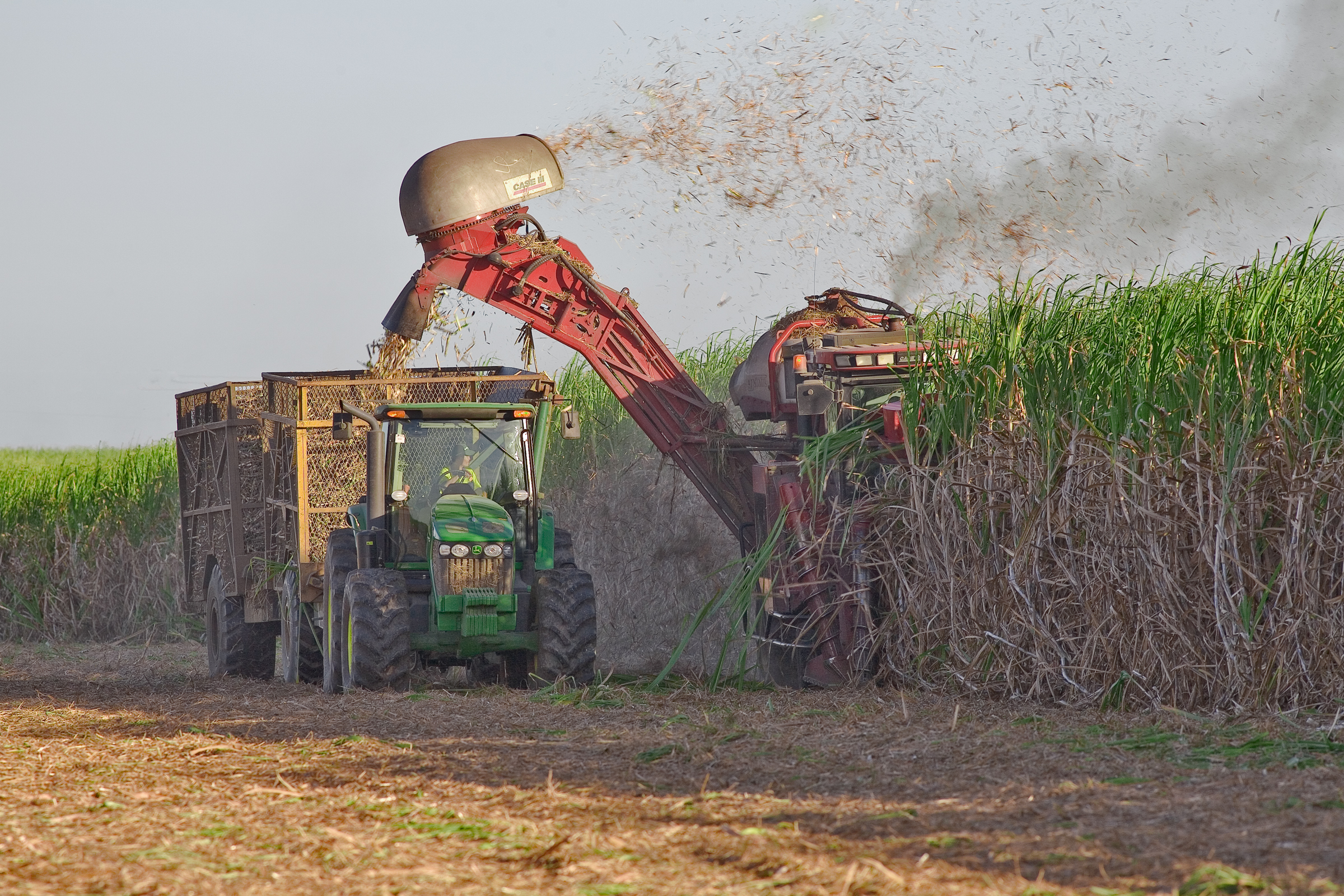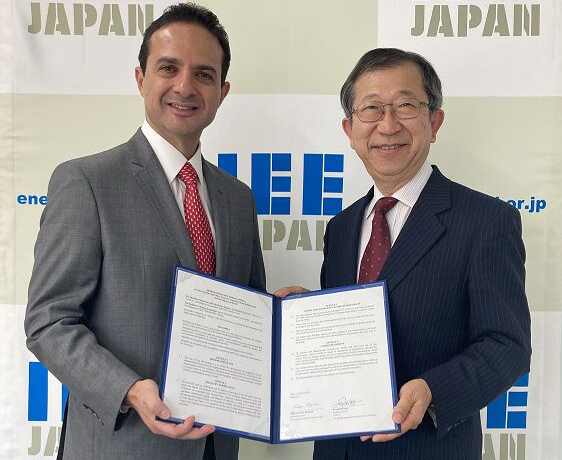From September 30 to October 4, the city of Foz do Iguaçu in the southern region of Brazil hosts of the most important discussions on clean energy of the year. The municipality will host several events, assembling the meeting agendas of the Clean Energy Ministerial (CEM), the Mission Innovation communities and the G20 Energy Ministers.
To showcase Brazil’s successful experience in the production and use of biofuels, especially ethanol, Brazilian Sugarcane and Bioenergy Industry Association (UNICA), in partnership with the Brazilian Trade and Investment Promotion Agency (ApexBrasil) and the Brazilian Ministry of Foreign Affairs, organized several events during this year’s G20 meeting agenda, as part of the Brazilian Sugarcane Ethanol project.
One of the highlights of this programme was the offer of flex-fuel ethanol vehicles to authorities and representatives of the transport sector for the meetings during Brazil’s presidency of the G20.
In addition to the presence of energy ministers from G20 countries, the event of this week brings together government representatives, academics, businesses, civil society and community to debate and contribute to a rapid, inclusive and affordable energy transition.
Following the path of the last CEM/MI and G20 meeting held in Goa, India in 2023, the group will deliberate on fundamental topics related to the transition to a global clean energy economy, such as biofuels, energy planning, energy security and innovation.
Brazil not only leads the panels as a host, but also leads the debate by example. The country plays a key role in the matter of renewable energy production and consumption. Brazil has been producing and using ethanol for more than 40 years, contributing significantly to reducing emissions from the transport sector. Furthermore, the country uses one of the highest percentages of ethanol in its gasoline (27%). Only in the last 20 years, since the launch of flex-fuel technology in 2003, the consumption of ethanol has avoided the emission of 660 million tons of CO2eq.
All of that using only 1% of available arable land to ethanol production and with zero deforestation rate. Furthermore, due to crop rotation model, Brazilian ethanol production contributes to food security, once sugarcane and corn cultivation areas are also used for intercropped production of soybeans, peanuts, corn and legumes. In terms of inclusion and social development, Brazilian ethanol generates thousands of direct and indirect jobs in several regions of the countries, as it impacts positively an entire production and consumption chain. Bioenergy production in Brazil is also based on the circular economy principle, as the waste of ethanol production, such as vinasse, filter cake, straw and bagasse are used to generate bioenergy, biogas, biomethane and organic fertilizers.
UNICA also has the opportunity to interact with G20 participants through receptions, exhibitions and panel discussions to show other countries how the Brazilian ethanol sector can contribute to the decarbonization of the global energy matrix and provide the world with accessible and sustainable bioenergy.
Certain that ethanol has a prominent role to play in the energy transition, UNICA was present at the G7 Climate, Energy and Environment Ministers meeting in Turin, Italy, on April 29, where it was also one of the signatories of the Turin Joint Statement on Sustainable Biofuel. This document highlights the role of sustainable biofuels in decarbonizing all transport sectors, promoting environmental sustainability, innovation, and creating value for communities. This statement, its principles and propositions should be reinforced addressed during this week’s events.
About Sugarcane Ethanol Project
ApexBrasil and UNICA made public in 2008, through the Brazilian Sugarcane Ethanol partnership, a strategy to promote the image of sugarcane products abroad, especially Brazilian ethanol as a clean and renewable energy. In 2023, the two entities signed an agreement that provides for shared investments.
The sectoral project aims to influence the process of building the image of ethanol and other sugarcane derivatives among the main global opinion makers – governments and the media, as well as trading companies, potential investors and importers, NGOs and consumers.
About ApexBrasil
The Brazilian Trade and Investment Promotion Agency (ApexBrasil) works to promote Brazilian products and services abroad and attract foreign investments to strategic sectors of the Brazilian economy. In order to achieve its goals, ApexBrasil carries out several trade promotion initiatives aimed at promoting Brazilian products and services abroad, such as prospective and trade missions, business rounds, support to the participation of Brazilian companies in major international fairs, visits of foreign buyers and opinion makers to learn about the Brazilian productive structure, among other business platforms that also aim at strengthening the Brazil brand. The Agency also acts in a coordinated way with public and private players to attract foreign direct investment (FDI) to Brazil with a focus on strategic sectors for the development of the competitiveness of Brazilian companies and the country.
About UNICA
UNICA is the main representative body for sugar, bioethanol and other bioenergy products from mills located in the Center-South region of Brazil. Currently, it has more than 120 associated companies, which represent 60% of the sugar and ethanol produced in the country. UNICA has its headquarters in São Paulo and Brasília, as well as offices in the United States and Europe.



